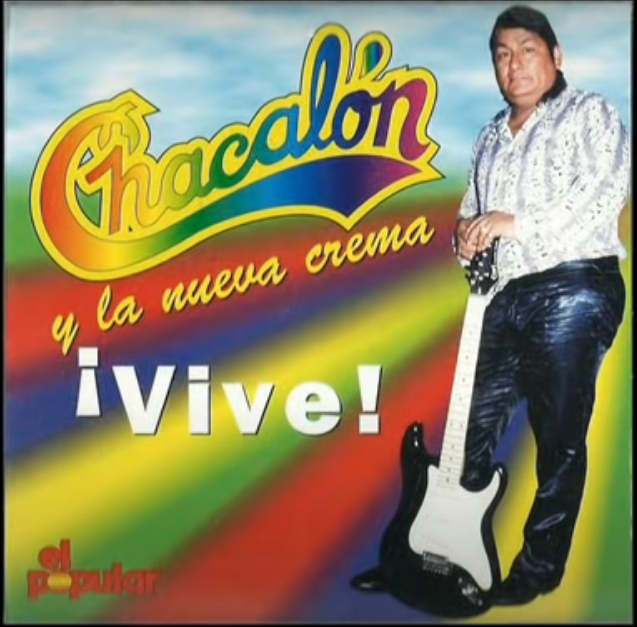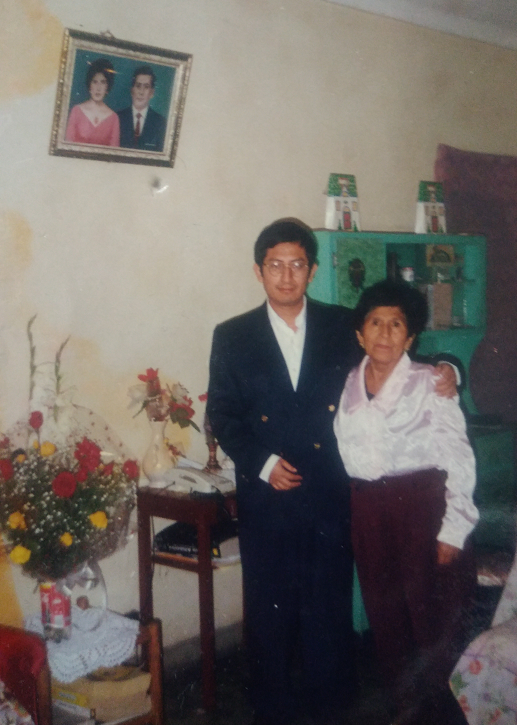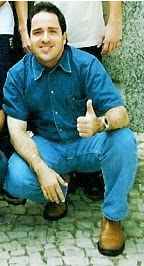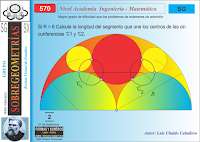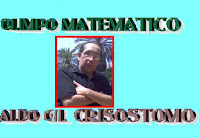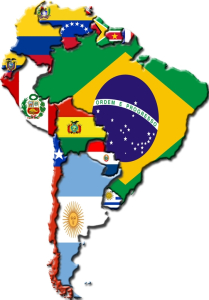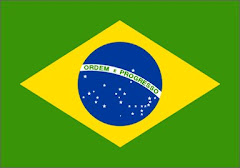The direct reason is that the China team has the best students who are really good at solving math contest problems in the world. But how this team if formed deserves more explanations.
1. Motivation
A student who could become a team member for IMO in China is not just an honor: the student will receive all top universities' admissions, money awards, tuition waiver, and tremendous media reports.
There are several rounds before National Mathematical Olympiad (Winter Camp), so the students who enter the NMO are really good at math, I mean insanely good.
In China, if you could win a National Mathematical Olympiad medal, you are guaranteed to have the admission of the best universities in China. After National Mathematical Olympiad, the China team are formed by selecting the best students in National Mathematical Olympiad. At the same time, the professors from the best universities in China come to the camp and start talking with the students who participates the National Mathematical Olympiad to persuade them to accept the admissions. So, all China team members in China have their college admissions at that time, and in the next several months, the only thing for them to do is to prepare the contest.
The policy may be changed recently. But in last 20 years, this policy is the motivation of so many kids working on mathematical olympics, also other similar olympics contests. Because you just need to work on one or two subjects, and if you are good, you do not need to take Gaokao (Chinese university entrance exams). It is the only way for kids who are really good at some subjects but also bad at the others to get admissions to top universities. In Gaokao, there is no way for such kids to survive, because there will be at lease 5 subjects exams.
2. Population
Like what Jessica Su says, China has a large population, which means the absolute number of high intelligent kids is also large. And Chinese families pay more attentions to their children's education. What Jessica Su may not know: the training of the kids for participating IMO in China typically starts at middle schools, sometimes may even starts at elementary schools.
3. Training
There are many kids who are trained in Math at different stage of education in China. If you go to a bookstore in China, go to the education section, you will find more than 100 books are just written for training students on mathematical contests. And in high schools or middle schools, especially the best ones, there are teachers who are hired just for teaching students how to solve the problems in such contests. If the kid is smart enough and the teacher believe the kid will win a medal, the kid is allowed to just work on the contest, and no need to attend any other classes. The bad side is obvious, the kid is only trained in one subject, and all other subject are completely omitted, which in some level, affect the education of the kid. Even in middle school, some kids are allowed to spend most of the time to work on one or two subjects, because typically the best high schools are also give admissions to the kids who scored well in mathematical contests at middle school level.
























